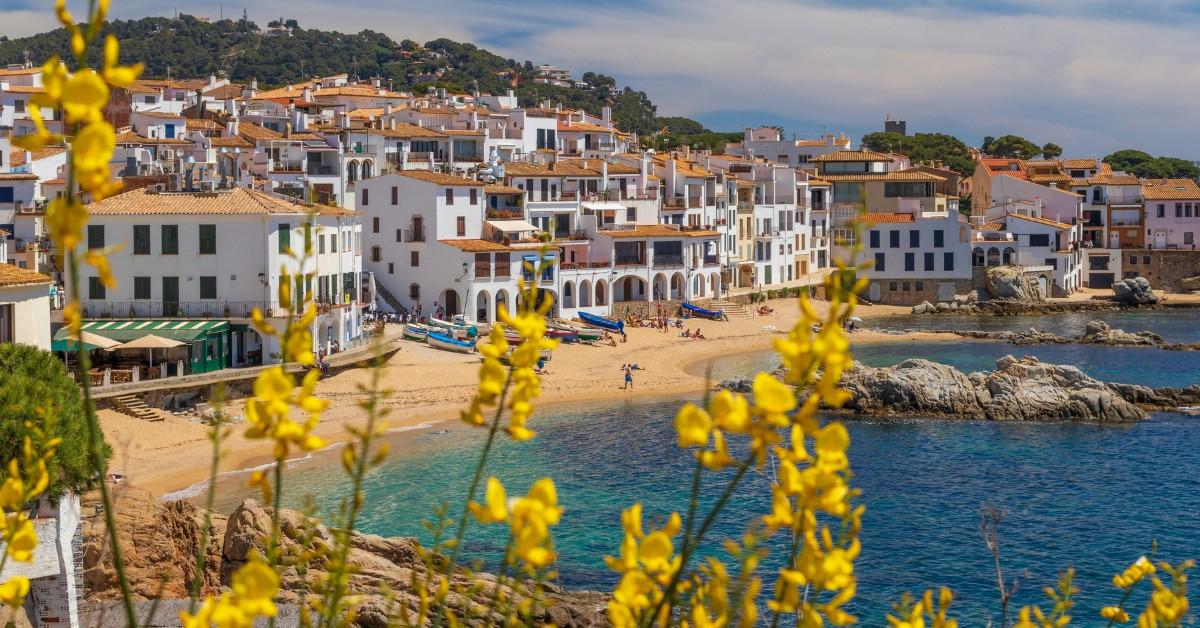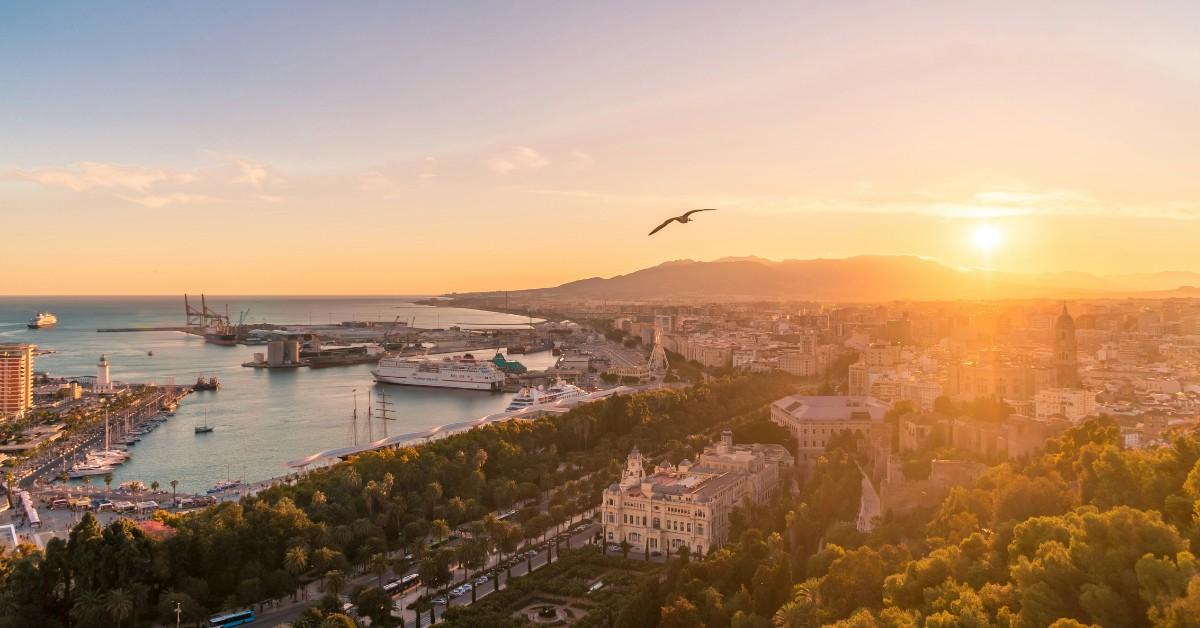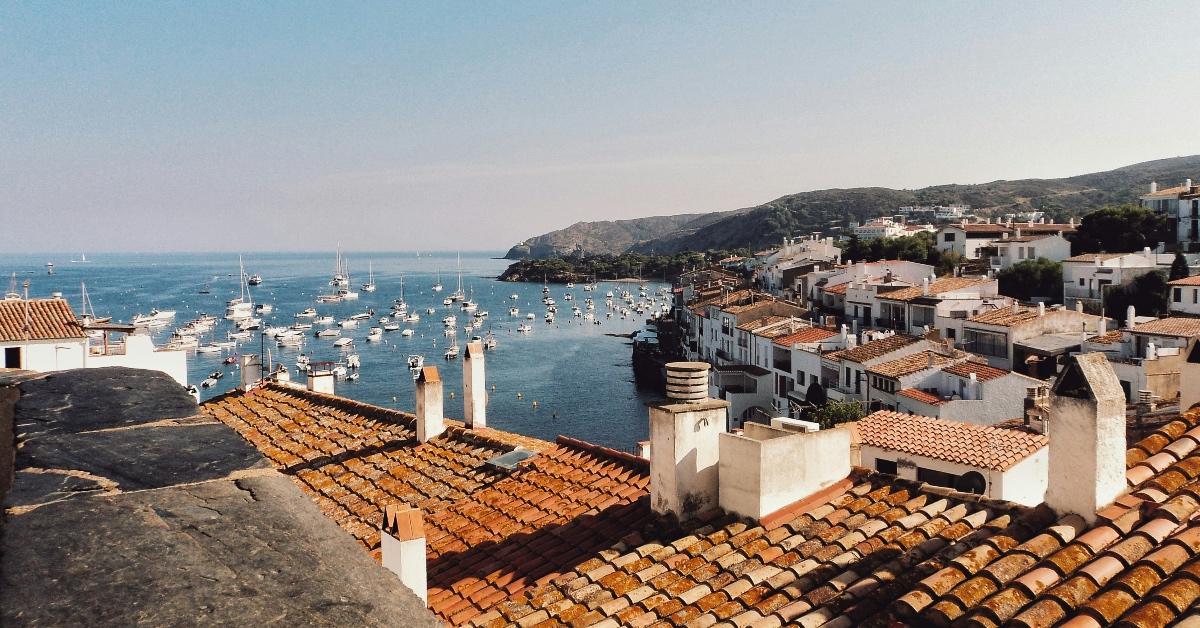Is Spain Really "Banning" Tourists? How the Country Is Fighting Overtourism
Here's everything you need to know before you book a trip to Spain.
Published Jan. 27 2025, 1:24 p.m. ET
Tourists hoping to visit Spain may want to rethink their travel plans thanks to a 12-part plan proposed by Pedro Sánchez, the Spanish Prime Minister. The proposed legislation would have major impacts on the estimated 94 million tourists that head to the country for a little R&R each year in favor of a more sustainable approach to travel.
You can find out more about the proposal — including why Spanish residents are excited about the idea — below. You may even appreciate these changes when you learn the motivation behind the potential decision to enact what some are calling a "tourist ban."
Is Spain enacting a tourist ban?
There's good news for anyone who has Spain as a bucket list destination: the country is not issuing an outright ban on visitors. Instead, the country is poised to create new regulations around where those millions of people will stay each year when they come to take in the sights.
The proposed legislation from Sánchez will set stricter standards for the country's use of short-term rentals, according to the Associated Press (AP).
The proposal was crafted to help with the country's housing crisis, and it looks to lay out some more regulations that will favor Spain's year-round residents over those who come for travel.
Some cities are already acting on this idea, according to the AP, like Malaga, which has prohibited the licensing of new rentals in 43 of the city's neighborhoods. Barcelona, on the other hand, is expected to shutter all 10,000 apartments that are currently listed as short-term rentals.
The AP reports that these newly created policies will roll out on a trial basis through 2027 so that they can see what impact cracking down on short-term rentals, like those found through Airbnb, will have on affordable housing, but also how it will help to counter the country's growing overtourism problem.
What is overtourism, and how does it affect the environment?
Overtourism is sadly a common occurrence in popular areas where visitors travel, adding a large burden to the local infrastructure and depleting necessary resources like food and access to clean water.
According to Sustainable Travel, overtourism can have many impacts on the environment and the locals who call the area home.
While some of these things can be felt more acutely, like overcrowding and traffic, some can be more extreme. Sustainable Travel points to areas like Hawaii and the Caribbean, which have experienced crises when it comes to their water levels, noting that this is something that will likely get worse as climate change continues to make seasonal droughts more severe and frequent.
Here are some countries taking steps to limit overtourism.
Spain isn't the only country looking to improve the experience of residents and the environment. Multiple countries have enacted similar bans to help combat overtourism. According to The Independent, there are plenty of governments stepping up to protect their homes, including:
- Italy
- Greece
- Austria
- Ecuador
- Philippines
- Thailand
- Malaysia
- Indonesia
- Japan
- South Korea
- The Netherlands
- France
- French Polynesia
- Peru
- The U.K.
- Croatia
- The Himalayas
- Portugal
- Czechia
- The U.S.
Just because these areas have restrictions doesn't mean you can't still travel there. Research the rules in the area before you book your trip, and look for additional ways to travel more sustainably. This will not only help you be a more conscientious traveler, but it will also keep you from becoming part of the problem when you arrive.



